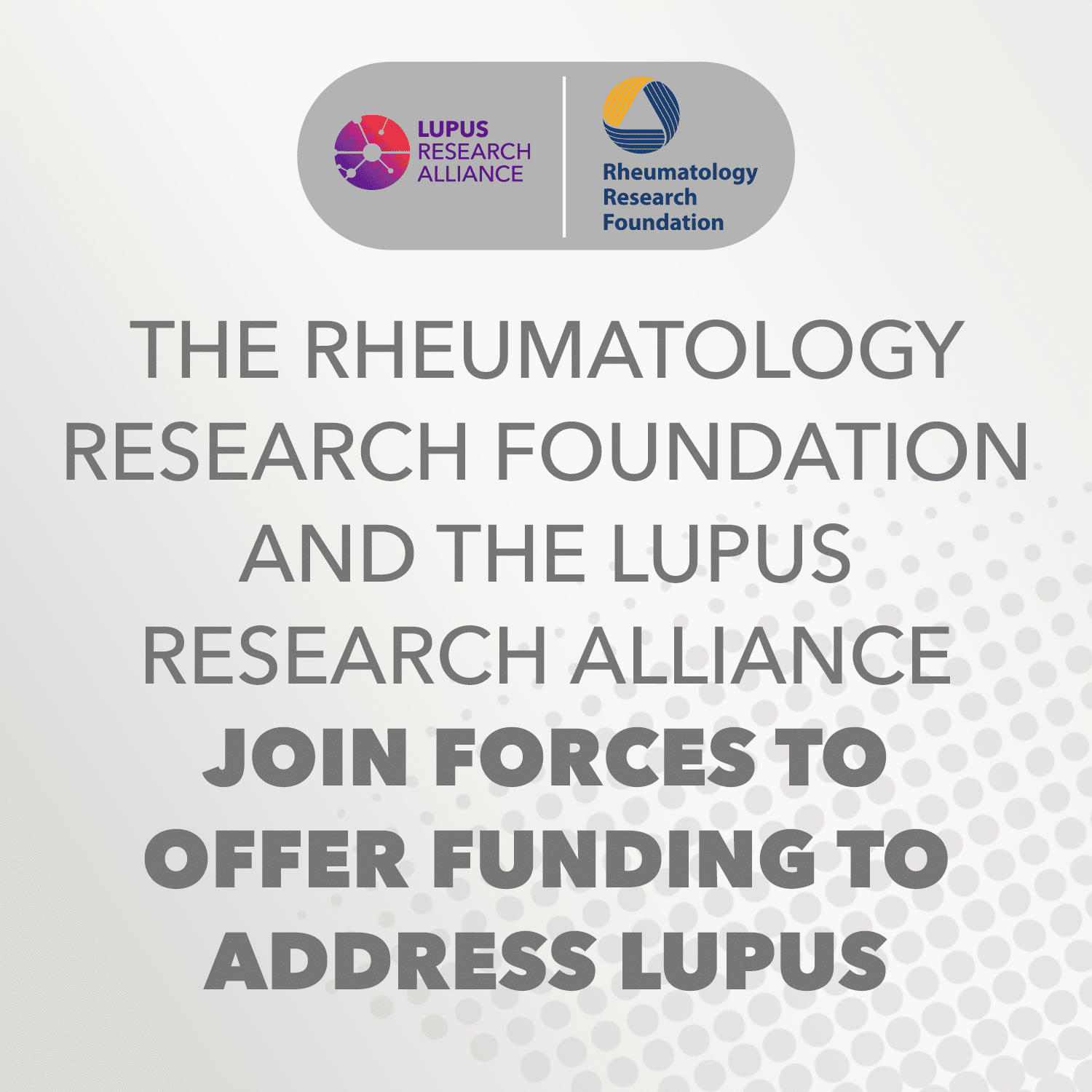National Institute of Arthritis and Musculoskeletal and Skin Diseases (NIAMS)

National Institute of Arthritis and Musculoskeletal and Skin Diseases (NIAMS)
February 21, 2018
Source: Press Release, National Institutes of Health
NIH program to accelerate therapies for arthritis, lupus releases first datasets
Collaborative effort provides important clues about potential research targets
NEW YORK, NY. Feb. 21, 2018. Datasets characterizing individual cells in rheumatoid arthritis and systemic lupus erythematosus disease tissue from the Accelerating Medicines Partnership for Rheumatoid Arthritis and Systemic Lupus Erythematosus (AMP RA/SLE) Phase I study are now available to the research community. Scientists from across the biomedical research community can access the AMP RA/SLE datasets to explore important research questions about these autoimmune conditions.
“This pioneering program seeks to speed the development of new ways to combat a range of devastating diseases that affect millions of people,” said National Institutes of Health Director Francis S. Collins, M.D, Ph.D. “AMP RA/SLE is entering an exciting phase as experts around the world will begin to mine this invaluable biomedical resource in search of tomorrow’s cures.”
This study used state-of-the-art technologies to analyze individual cells from the lining of the joints in people with rheumatoid arthritis and the kidneys from people with lupus from research cohorts whose clinical characteristics were well-studied. Other research tools tend to examine signals from across populations of cells, and in the process may miss important factors coming from only a few individual cells. By focusing on single cells, researchers can tease out the contributions of specific pathways inside these cells that may play a role in disease, providing a new approach to understanding autoimmunity.
Rheumatoid arthritis and lupus are autoimmune diseases that can last a lifetime, cause significant disability, greatly reduce quality of life and are associated with increased risk of early death. These disorders share similar flaws in immune function and regulation, leading to inflammation that damages tissues. People with these conditions need more and better treatments, as some fail to respond to existing therapies.
The newly released information holds clues for potential research targets that may lead to future treatment options. Availability of the data expands the search for genes, proteins, biological pathways and other factors that influence these conditions. Researchers mining the data can seek to identify treatment targets to develop medicines for diseases of interest. The data also has potential implications for precision medicine, as AMP RA/SLE researchers identify differences in the pathways active in the tissue of different patients.
The AMP RA/SLE program is one of three AMP projects launched in 2014 as part of an unprecedented public-private partnership to identify promising biological targets for potential therapeutics and reduce the time and cost of developing them. The NIH’s National Institute of Arthritis and Musculoskeletal and Skin Diseases, with the National Institute of Allergy and Infectious Diseases (NIAID), manages the AMP RA/SLE program. The Foundation for the National Institutes of Health (FNIH) manages the partnership between the NIH and the external partners, which include participating members from industry (AbbVie, Bristol-Myers Squibb, Merck & Co., Inc., Pfizer Inc., Sanofi, and Takeda Pharmaceuticals International Inc.) and non-profit partners (Arthritis Foundation, Lupus Foundation of America, Lupus Research Alliance, and Rheumatology Research Foundation). Within the context of the partnership, industry and non-profit partners are also actively involved in sharing resources and expertise.
“No single organization has the resources to take on the challenges facing the rheumatoid arthritis and lupus communities,” said Maria C. Freire, Ph.D., president and executive director of the FNIH. “AMP brings together government, pharmaceutical and not-for-profit expertise to collaboratively move therapies forward for these autoimmune diseases.”
The AMP RA/SLE investigators are currently conducting Phase II studies, which will include a larger cohort of patients with RA and lupus. The Phase I data are freely available through the NIAID-sponsored Immunology Database and Analysis Portal www.immport.org. Genomic data are also being submitted to be made available through the NIH’s database of Genotypes and Phenotypes www.ncbi.nlm.nih.gov/gap.
For more information on the AMP, visit https://www.nih.gov/research-training/accelerating-medicines-partnership-amp.
For more information on the AMP RA/SLE program, visit https://www.niams.nih.gov/grants-funding/funded-research/accelerating-medicines.
The mission of the NIAMS, a part of the U.S. Department of Health and Human Services’ National Institutes of Health (NIH), is to support research into the causes, treatment, and prevention of arthritis and musculoskeletal and skin diseases; the training of basic and clinical scientists to carry out this research; and the dissemination of information on research progress in these diseases. For more information about the NIAMS, call the information clearinghouse at (301) 495-4484 or (877) 22-NIAMS (free call) or visit the NIAMS website at www.niams.nih.gov
NIAID conducts and supports research at NIH, throughout the United States, and worldwide – to study the causes of infectious and immune-mediated diseases, and to develop better means of preventing, diagnosing and treating these illnesses. News releases, fact sheets and other NIAID-related materials are available on the NIAID website at www.niaid.nih.gov.
About the Foundation for the National Institutes of Health (FNIH): The Foundation for the National Institutes of Health creates and manages alliances with public and private institutions in support of the mission of the NIH, the world’s premier medical research agency. The Foundation, also known as the FNIH, works with its partners to accelerate biomedical research and strategies against diseases and health concerns in the United States and across the globe. The FNIH organizes and administers research projects; supports education and training of new researchers; organizes educational events and symposia; and administers a series of funds supporting a wide range of health issues. Established by Congress in 1990, the FNIH is a not-for-profit 501(c)(3) charitable organization. For additional information about the FNIH, please visit fnih.org.
About the National Institutes of Health (NIH): NIH, the nation’s medical research agency, includes 27 Institutes and Centers and is a component of the U.S. Department of Health and Human Services. NIH is the primary federal agency conducting and supporting basic, clinical, and translational medical research, and is investigating the causes, treatments, and cures for both common and rare diseases. For more information about NIH and its programs, visit www.nih.gov.
NIH…Turning Discovery Into Health®
###



